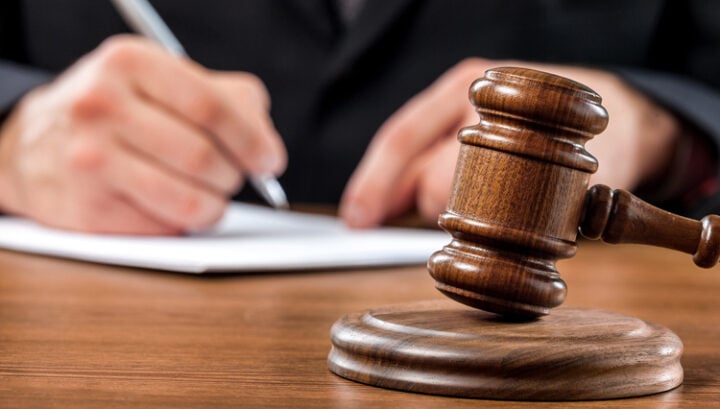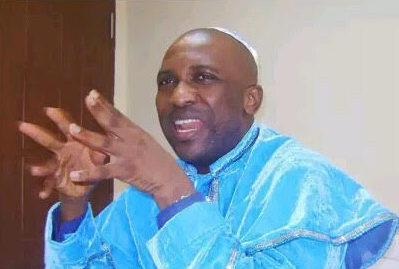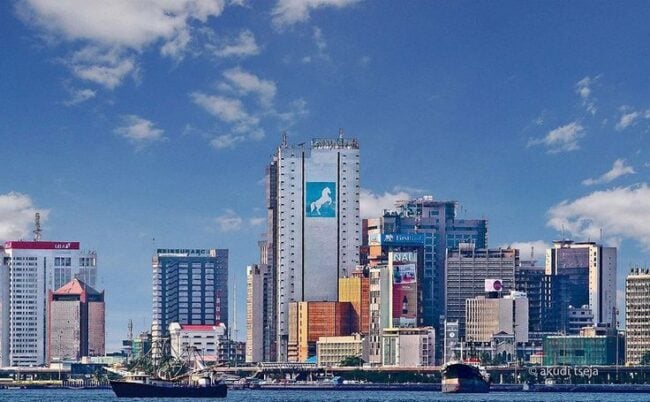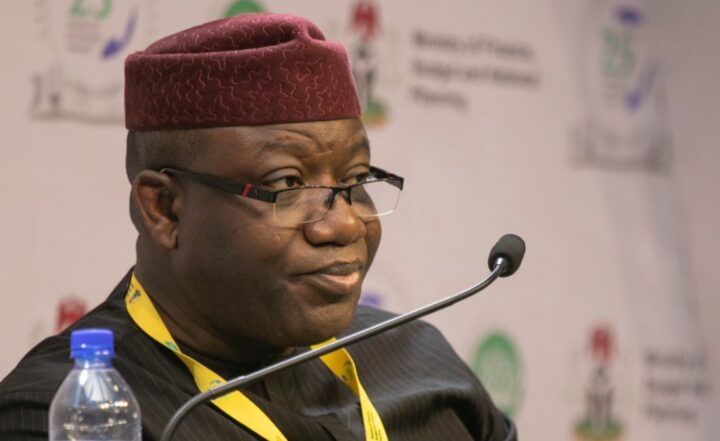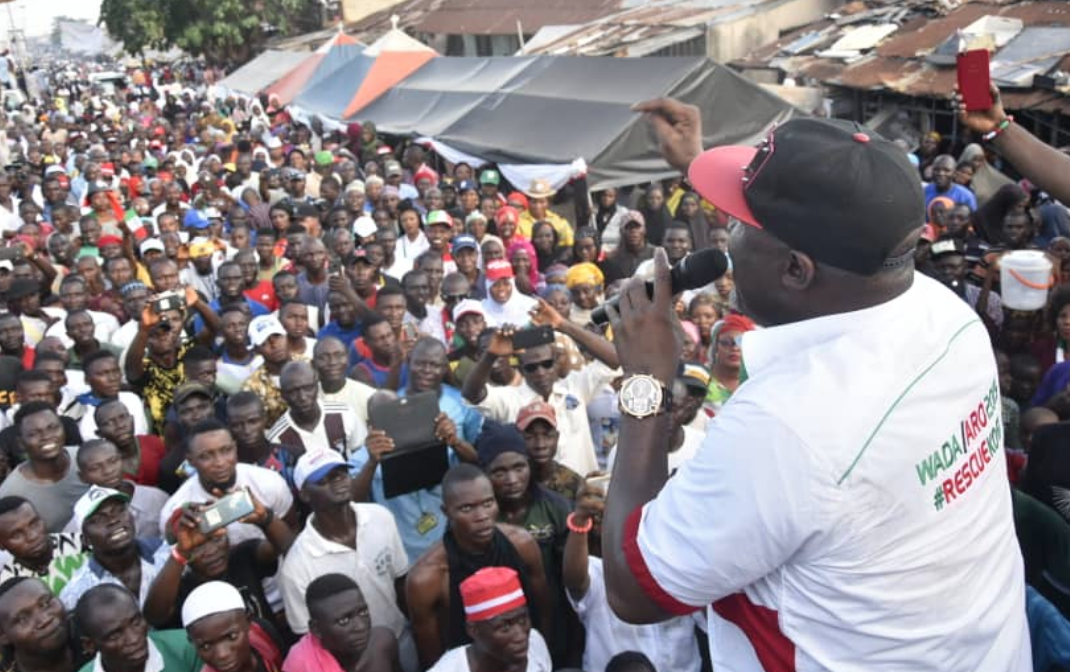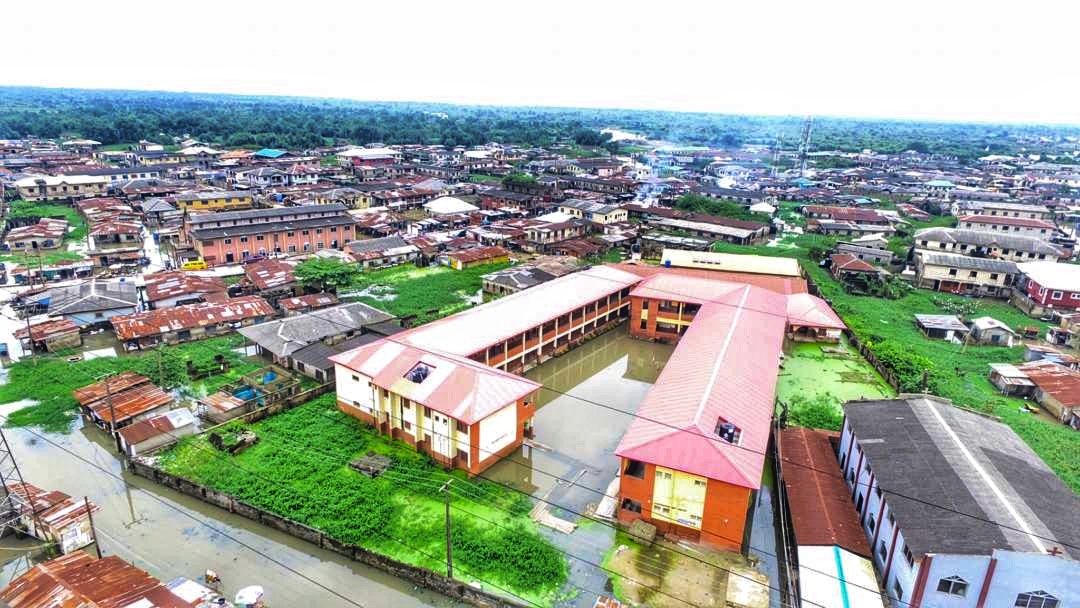BY EPA STEVENS
In the aftermath of TheCable’s report on a court judgement dismissing corruption allegations against a UK-based couple trying to build a medical centre in Nigeria, public analyst, EpaStevens, examines the couple’s travails and affirms that justice can still be gotten in Nigeria, albeit at a high price.
Despite 21 years of civilian rule, most Nigerians continue to believe that justice and freedom are elusive luxuries unavailable to the common man. Those who hold this notion are not wrong, for indeed, their assertions come from several proofs of the multifaceted aberrations in the country. These aberrations include several cases of gross violation of human rights by security and law enforcement agents, arbitrary arrests and trials without evidence by prosecuting agencies, and a complicated and expensive justice system.
According to Amnesty International, 68% of the 55,000 people held in Nigeria’s overcrowded prisons have not been convicted but have been waiting, many for years, for their cases to conclude. Those who have been convicted often faced grossly unfair trials – with many having suffered torture and lacking access to a lawyer. More than a thousand people are currently languishing on death row, awaiting the day when the State decides to kill them. Ironically, those who commit human rights violations rarely face prosecution. This lack of justice for crimes under international law and other serious violations and abuses of human rights is a major problem just as the government has failed to hold its own agencies to account. Furthermore, the law is often used as a political tool, by government officials to go after perceived political enemies. Several trials have begun on flimsy grounds, leading to nowhere after several years of investigations.
Advertisement
Today, the average Nigerian believes that if they, by some stroke of bad luck, are wrongly accused, or deliberately wronged, they cannot rely on the law to get justice. Even when people get justice, it is often costly and the process long and arduous enough to turn into a pyrrhic victory. Nevertheless, through sheer dedication, endurance, and resilience, some people have been able to get justice under Nigeria’s complicated legal system, albeit afterdifficult, harrowing trials. Their stories have become motivations for other Nigerians hoping for fairness and justice.
One of such cases is that of 37-year-old Ajayi Adetola who was discharged and acquitted by the Lagos High Court in Ikeja in December 2017, after five years of suffering for a crime he did not commit. Another of the most recent of such cases relates to Dr Reuben Obaro, a renowned UK-based medical doctor and radiologist, and his wife, Ayodele, a professional nurse with decades of experience abroad. Information from an earlier report by the Cable on the issue indicates that the couple went through a four-year ordeal in Nigeria, standing trial for frivolous corruption charges that were later described by the court as baseless and unfair.
Being frontline experts in the medical industry, the Obaros decided some years ago, that they would do their utmost best to support Nigeria’s beleaguered and underfunded health sector. They planned to build an ultramodern medical complex to tackle the rising incidence of stroke in Nigeria. According to Stroke Action Nigeria, stroke continues to affect 200,000 people annually in the country. The successful set up of the stroke centre would not only have provided critical healthcare to thousands of stroke patients but would have also provides numerous jobs for Nigerians.Already, several Stroke patients have to travel abroad to receive quality treatment. Dubbed the Stephen James Stroke Centre of Excellence, the special medical centre was to have world standard facilities and medical equipment for the treatment of stroke, in addition to highly skilled medical personnel.
Advertisement
According to sources close to the couple, the project would have cost up to N4.5 bn. In their quest to implement their laudable initiative, the Reuben and Ayodele amassed their resources together and raised a lot of money in excess of N200m, in addition to significant amount of foreign currency expenditure. The couple also applied for extra funds from both local and foreign banks, and also the Nigerian government. They eventually receiveda grant of N450m from the now defunct SURE-P initiative under the Goodluck Jonathan administration.
However, the project was cut short in 2016, when the Independent Corrupt Practices and other offences Commission (ICPC), launched a questionable and unwarranted investigation into the activities of the couple. With no evidence of questionable activities, the rationale for the ICPC investigation remains baffling till this day. There are even suspicions that the attack on the couple’s reputation may have some political undertones.
Nevertheless, they were accused of misappropriating part of the funds they had received from SURE-P. They were investigated for two years, followed by another two years of agonizing trial and endless attack on their reputation until they were discharged and acquitted by the court, having been found innocent of all charges.
During the trial, it became clear that ICPC had no case, when it was discovered that the prosecuting agency was hiding some important facts from the court. For instance, the ICPC had gone to extreme length to conceal the couple’s personal financial statements. It was later established that the grant advanced had been used solely for the project, in addition to significant personal funds provided by the defendants. Also, it was discovered that neither the CEO (Prof Obaro), nor the COO (Mrs Obaro) had drawn any salaries from the project.
Advertisement
During the judgement, the presiding judge rebuked the ICPC for prosecuting such a “frivolous and unfounded case, unfair in all ramifications”, against the innocent couple.The Obarosfinally found justice. But will the damage to their reputation be repaired fast? Only time will tell.
This case has once more, exposed the highhandedness of prosecuting agencies and the reason why the federal government’s much touted war on corruption has not yielded tangible results. Far from helping the government’s anti-corruption war, these kinds of situations tend to fuel the corruption as victims who are desperate to escape their ordeal can be forced to settle prosecution officials through bribery. Prosecuting agencies and corrupt government officials have themselves sabotaged the anticorruption drive of the government they are serving through these kinds of arbitrary moves that only serve to promote impunity. The honourable justice summed it up during his judgement.
“It is common knowledge that at various times the Federal Government has made efforts to rebuild the negative image of our nation in the international arena. This sort of dubious and frivolous attack on the character and reputation of citizens as exemplified in this trial, cannot aid that effort,” said Justice Ebong, “I believe it is high time for our investigation and prosecuting agencies to have a rethink on how they go about exercising their mandates. They should refrain from exercising their powers in a manner that inflicts on the citizens, what could only be described as malicious damage.”
However, despite the travails of the Obaros, this trial has confirmed that justice is possible in Nigeria, albeit difficult, costly and long.
Advertisement
The lead defence counsel, John Egwuonwu captures this succinctly in his comments.
“Thisruling shows that justice can still be served in Nigeria, no matter how long it takes. I congratulate Professor Obaro and his wife, who were planning to support the healthcare system in Nigeria with a laudable initiative, but instead, had a harrowing two years defending themselves of these frivolous and baseless charges,” said Egwuonwu, “Hopefully, their travails will not discourage other well-meaning Nigerians in the diaspora, who are planning to set up such initiatives.”
Advertisement
The Obaros refused to relent on their long road to justice. Despite being arraigned for baseless charges and knowing they were innocent; they cooperated with the court and furnished the judge with all documents required to defend their case. In the end, it was their resilience and endurance that kept them sane and hopeful in their long road to justice.
Epa Stevens writes from Lagos
Advertisement
Views expressed by contributors are strictly personal and not of TheCable.
Add a comment
